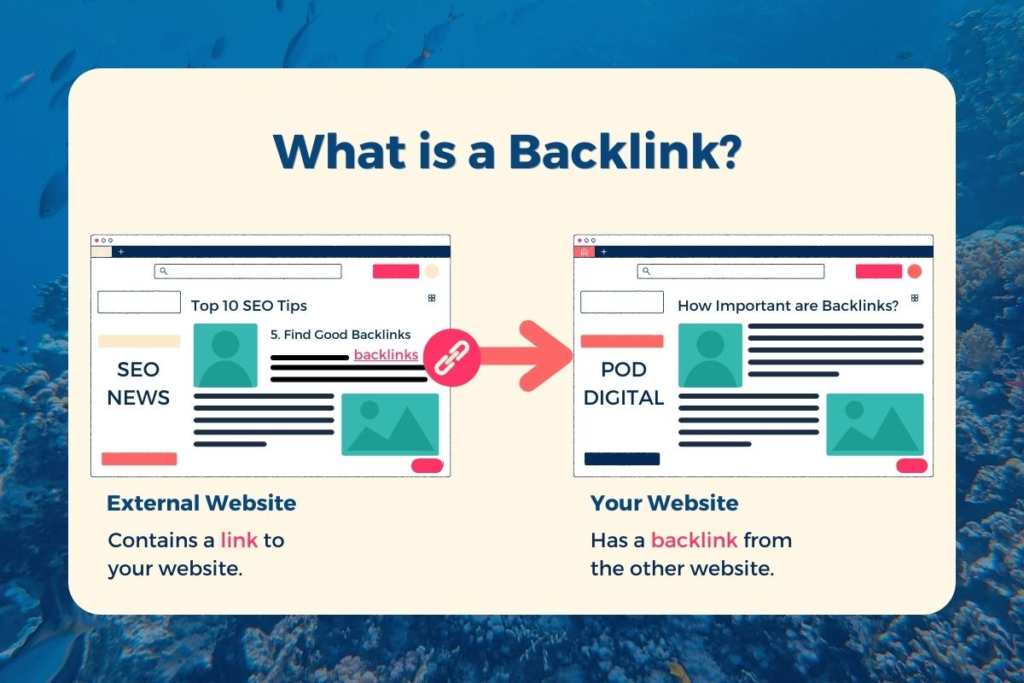Is it safe to buy backlinks? Will it affect my rankings?

In the competitive world of SEO, backlinks remain a powerful lever to elevate your website’s authority and amplify search rankings. Knowing how to buy backlinks safely while maintaining a natural link profile is crucial for long-term success. However, navigating this landscape without clear guidelines can jeopardize your SEO efforts. By understanding how to identify quality backlinks and mix up anchor text, you can unlock significant growth without triggering penalties.
Why Buying Backlinks Matters
Backlinks serve as endorsements from other websites, signaling credibility and trustworthiness to search engines. A well-placed backlink can catapult your page higher in search results, while low-quality or irrelevant links can undermine your progress. Learning how to safely acquire backlinks is essential for building sustainable authority online.
How to Identify Quality Backlinks
Not all backlinks are created equal. To discern which links are worth acquiring, focus on the following factors:
- Domain Authority – Backlinks from reputable, high-authority sites carry more weight and can propel your rankings faster.
- Relevance – Links from sites in your niche or industry signal contextual trust, while unrelated links may confuse search engines.
- Traffic Metrics – Websites with consistent organic traffic are more likely to provide valuable referral traffic and SEO impact.
- Natural Placement – Backlinks embedded naturally within content perform better than links in footers or sidebars.
- Link Diversity – A healthy backlink profile includes a mix of sources, such as blogs, news outlets, and editorial mentions.
Mixing Up Anchor Text
Anchor text plays a pivotal role in how search engines interpret your backlinks. Over-optimized or repetitive anchors can trigger penalties, so variety is key:
- Branded anchors – Use your website or company name.
- Generic anchors – Phrases like “click here” or “read more” create a natural link profile.
- Keyword-rich anchors – Include target keywords sparingly to maintain SEO relevance.
- Long-tail anchors – Longer, descriptive phrases can enhance context and reduce over-optimization risk.
By rotating anchor text types across your backlinks, you create a more organic profile that search engines recognize as authentic.
Steps to Buy Backlinks Safely
- Audit Your Current Profile – Evaluate existing backlinks to identify gaps and opportunities.
- Select Reputable Sources – Focus on providers who prioritize quality, relevance, and organic integration.
- Diversify Link Types – Acquire links through guest posts, niche-specific articles, and editorial placements.
- Monitor Results – Continuously inspect your backlink profile to remove toxic or broken links.
- Maintain Balance – Avoid overloading any single page with exact-match anchors; a natural distribution is key.
Frequently Asked Questions
Q1: Is it safe to buy backlinks?
Yes, if you choose reputable providers and focus on acquiring links from authoritative, relevant sites.
Q2: How do I identify high-quality backlinks?
Look for sites with strong domain authority, relevant content, organic traffic, and natural link placement.
Q3: What types of anchor text should I use?
Use a mix of branded, generic, keyword-rich, and long-tail anchors to maintain a natural profile.
Q4: Can low-quality backlinks harm my SEO?
Absolutely. Links from spammy or irrelevant websites can result in penalties and lost rankings.
Q5: How soon will purchased backlinks affect my rankings?
The impact varies but typically becomes noticeable within a few weeks to a few months, depending on link quality and relevance.
By strategically buying backlinks, identifying quality links, and mixing up anchor text, you can boost your SEO performance, attract meaningful traffic, and build sustainable online authority. A thoughtful, safe approach ensures that backlinks act as a long-term asset rather than a fleeting gamble.





